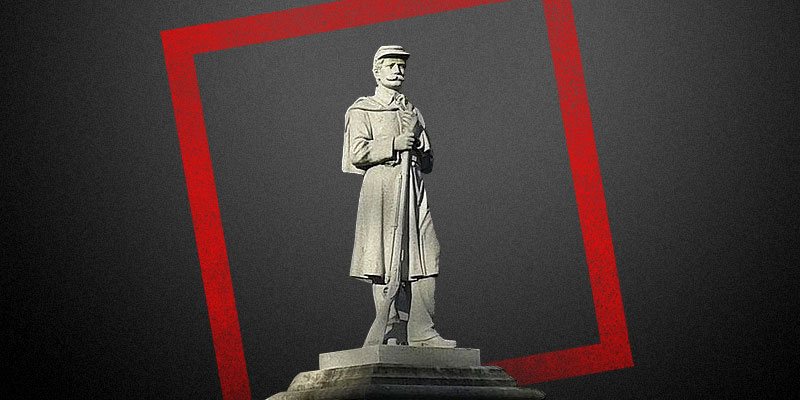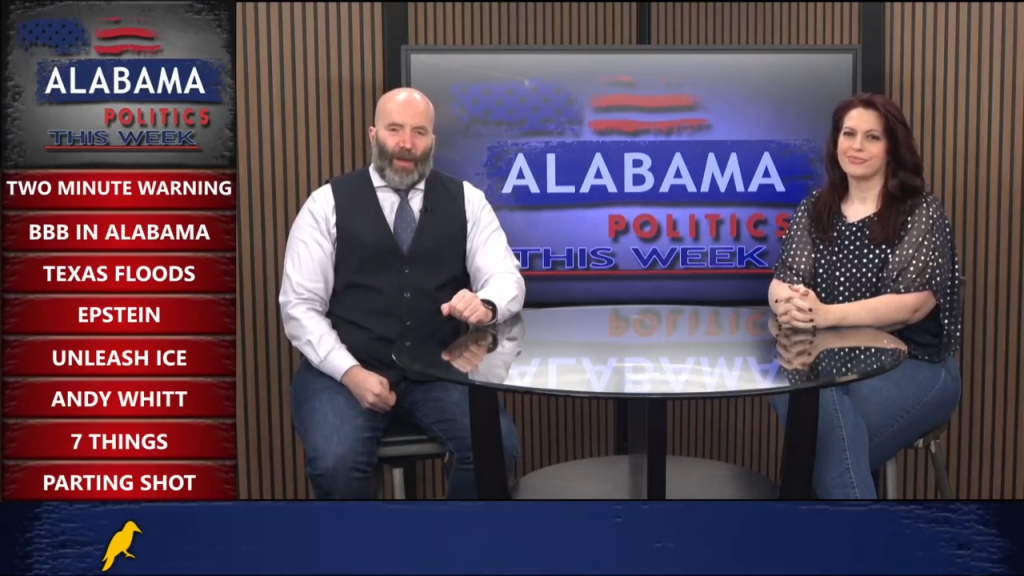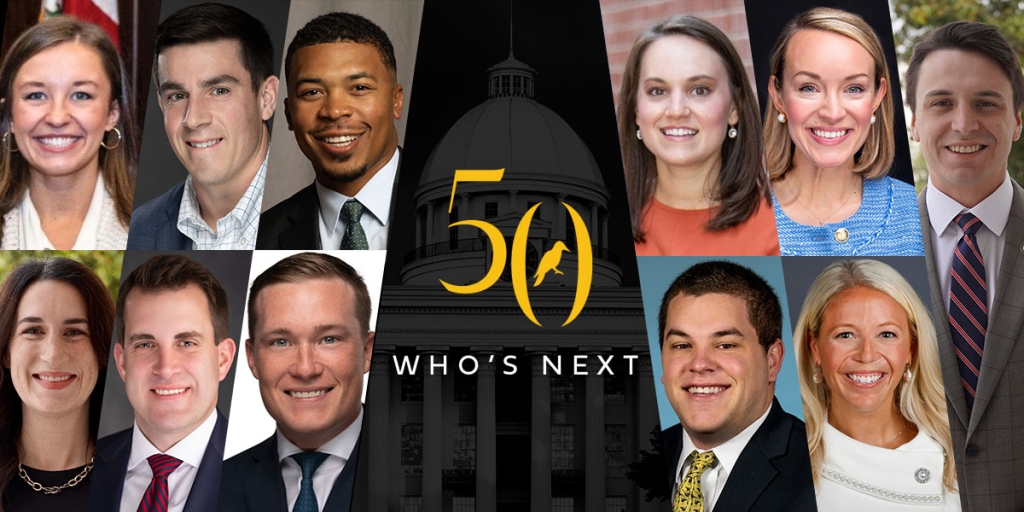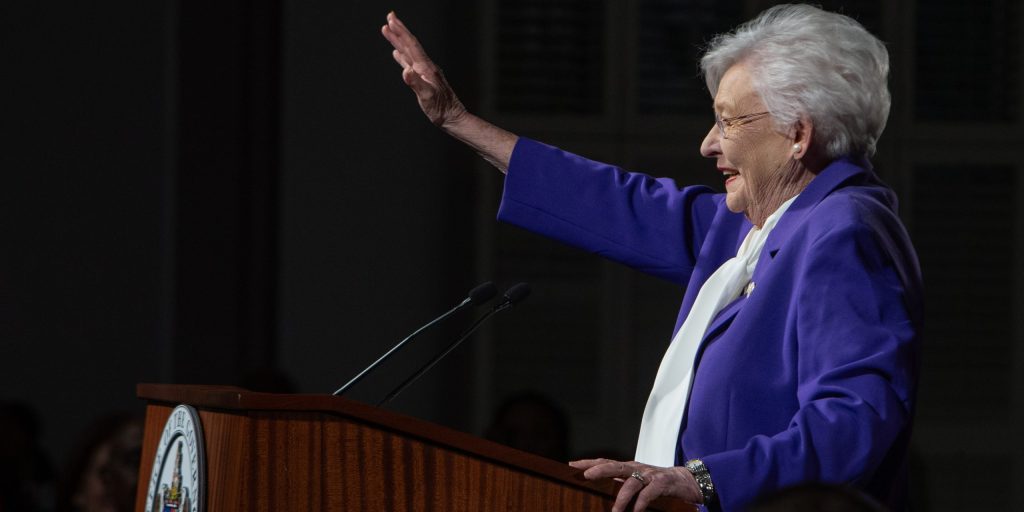“Special interests” and “politically correct nonsense” are responsible for efforts to remove Confederate monuments from public spaces, Gov. Kay Ivey says in a recent campaign ad.
At a campaign appearance earlier this week in Foley, Ivey made similar statements on the issue.
“We must learn from our history. And we don’t need folks in Washington or out of state liberals telling us what to do in Alabama,” she said, according to Fox 10 News. “I believe it’s more important that if we want to get where we want to go, we’ve got to understand where we’ve been. And I believe that the people of Alabama agree with that decision and support protecting all of our historical monuments.”
The conversation about Confederate monuments raises some intellectually and morally stimulating questions: What is their function? Do they function as objects of praise or as objects of historical memory? Who ought to determine whether they stay or go?
I’ll leave those questions aside for now because I want to address how Gov. Ivey has articulated the monuments issue.
George Lakoff is a cognitive scientist who has done a lot of research examining how politics and language intersect, particularly how language is used by individuals and groups to present their opponents in ways that welcome easy refutation. Usually, this means the misrepresentation of those ideas or opponents or, at the very least, a simplistic representation of them.
Lakoff refers to this as the act of “framing,” calling “frames” the arguments or scenarios set up by framing.
Here are a few assumptions that Ivey’s frame makes: Monuments are not only a way to learn from our history, but they are central to learning from our history; non-Alabamians and political enemies are trying to tell us what to do in advocating for monuments’ removal; monuments are a way to ensure that Alabama gets “where it wants to go,” politically, socially, culturally; that Alabamians are opposed to monument removal.
There are obvious political benefits to framing the issue this way. Knowing our history is clearly important. Who could argue that? Alabama is a sovereign state. Nobody wants outsiders tampering with decision-making.
What the frame excludes is an argument demonstrating why monuments are central to learning from our history, and how their removal would prevent us from learning from our history. It also excludes names of individuals or groups who have come from afar to tell us what to do.
It’s undeniable that folks from all around the country want Confederate monuments removed all around the country, and some may even be funding that effort from afar, but the major weakness of Ivey’s frame is a failure to acknowledge the Alabamians who are arguing for monument removal.
Birmingham City officials have advocated their removal.
Tuskegee Mayor Tony Haygood said the city has considered the removal of a Confederate soldier monument in the middle of town.
A Tuskegee graduate wrote a petition last year to the have the same monument removed. The petition garnered more than 1,000 signatures.
City officials in Selma have shown a similar resolve over the years, if not to have a monument removed then to cease the city’s contribution to its maintenance.
Obviously, Ivey doesn’t have time in a 30-second ad to deconstruct the monument debate’s complexity, and I understand that, but her frame doesn’t accurately articulate who is representing the monument removal view in Alabama.
@jeremywbeaman is a contributing writer for Yellowhammer News












